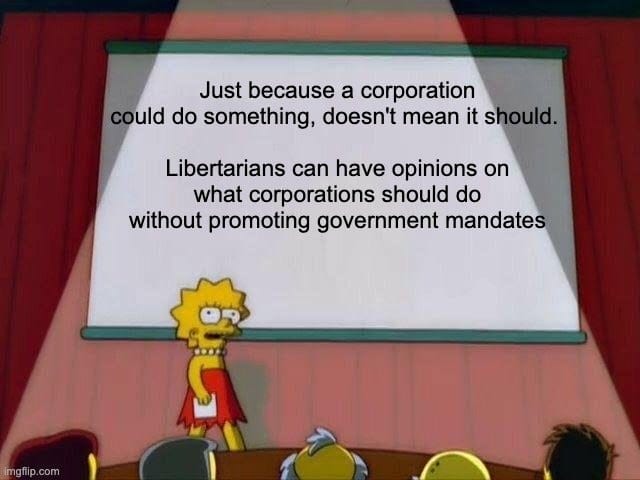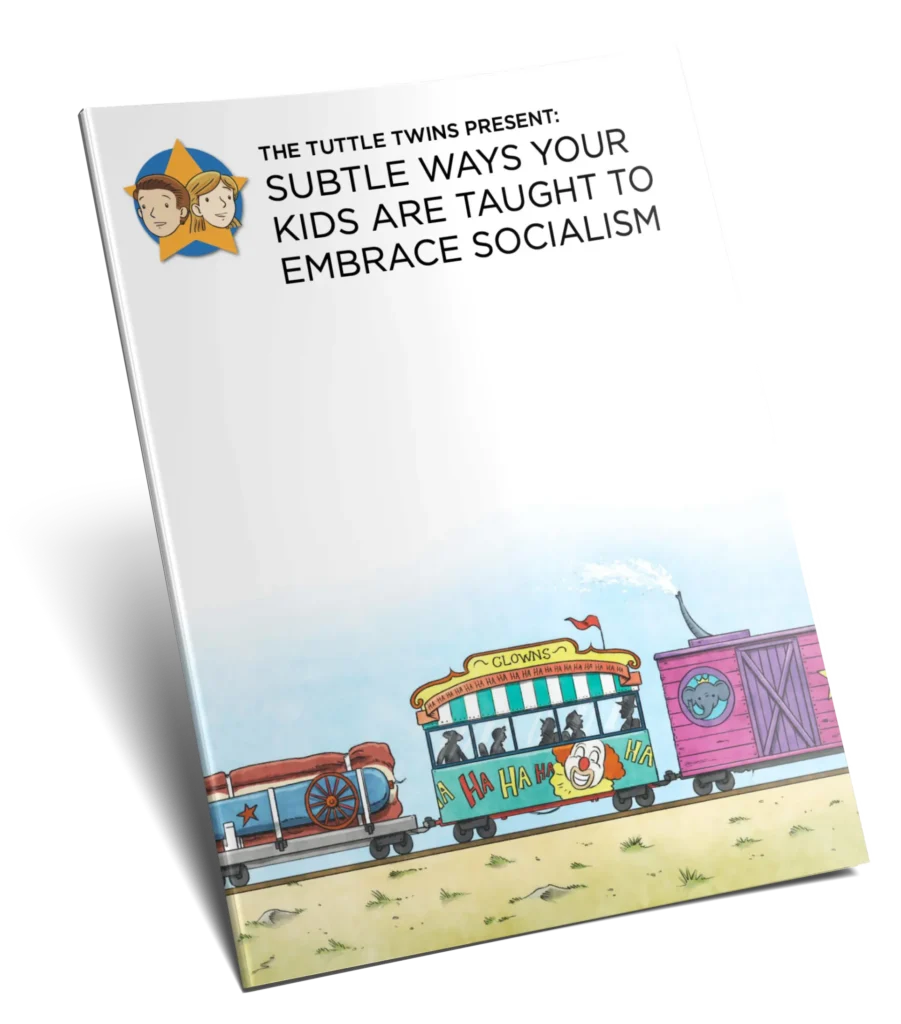
Even in the midst of all the chaos of the past week, cancel culture has found time to rear its ugly head.
Tech, social media, and publishing companies have started to  censor conservatives activists, politicians, and even the President. These tech companies feel like it is their responsibility to silence these voices so incidences like the Capitol Hill riots do not happen again.
censor conservatives activists, politicians, and even the President. These tech companies feel like it is their responsibility to silence these voices so incidences like the Capitol Hill riots do not happen again.
Even the New York Times quoted a professor that found the recent censorship disturbing.
“I want a wide range of ideas, even those I loathe, to be heard, and I think Twitter especially holds a concerning degree of power over public discourse,” said Gregory P. Magarian, a law professor at Washington University in St. Louis.”
The publisher was free to make that decision, legal experts said, but that does not mean it was the right one.
And that is what valuing free speech and a marketplace of ideas is—understanding that even ideas you abhor should be a part of the public discourse.
In the past week, Twitter has banned President Trump along with several other conservative speakers and Simon and Schuster have refused to publish Sen. Josh Hawley’s book.
The problem with this is, by silencing these people, they are making the claim that those people’s words somehow incited the actions of others—which is a dangerous claim to make.
These companies may have the right to censor their platform and associate with whom they wish to associate, but that doesn’t mean they should.
As a society, we should be promoting an open marketplace of ideas and allowing bad ideas to compete with good ones. All censorship of any kind does is discourage discourse and allow bad ideas to flourish without competition.
In The Tuttle Twins and the Fate of the Future, Emily and  Ethan learn about what happens when one group of people tries to control another, and they learn how damaging the consequences of that attitude are.
Ethan learn about what happens when one group of people tries to control another, and they learn how damaging the consequences of that attitude are.
The censorship of ideas in our society is exactly one of the reasons I wrote the Tuttle Twins, to introduce new ideas to kids, and let them decide what to think. (We should probably allow adults to do the same thing.)
—Connor
P.S. Want to share this email? Here is the link the share!

